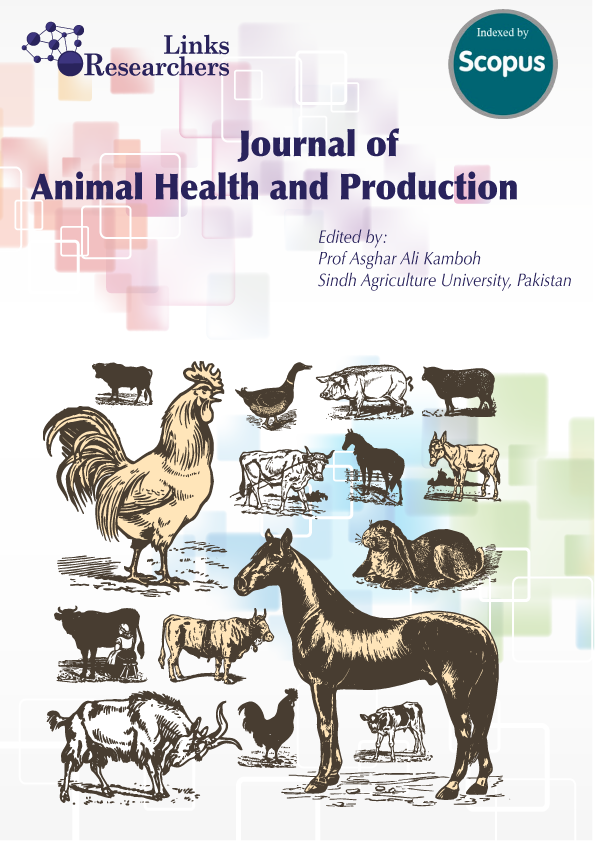The Effect of Polycystic Ovary Syndrome on Physiological and Biochemical Indicators in Albino rabbits
The Effect of Polycystic Ovary Syndrome on Physiological and Biochemical Indicators in Albino rabbits
Wasan Abdulmunem Taha1*, Umer Abdullah Ahmed Alelyan1, Raid D. Hashim2, Zainab Nizar Jawad3, Mohammed Khaleel Jameel4, Mohammed Ahmed Mustafa1
ABSTRACT
To share on other social networks, click on any share button. What are these?






